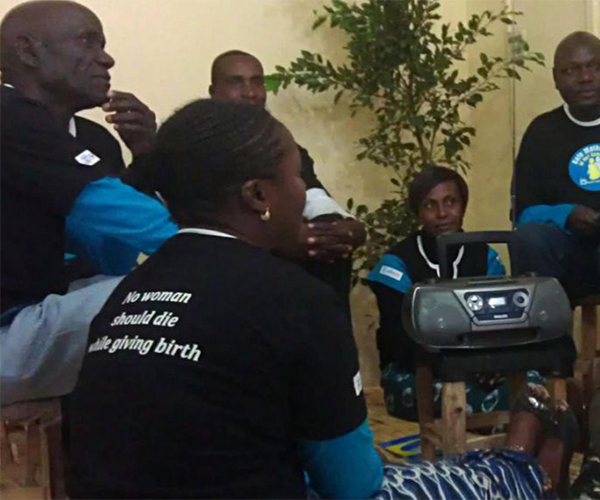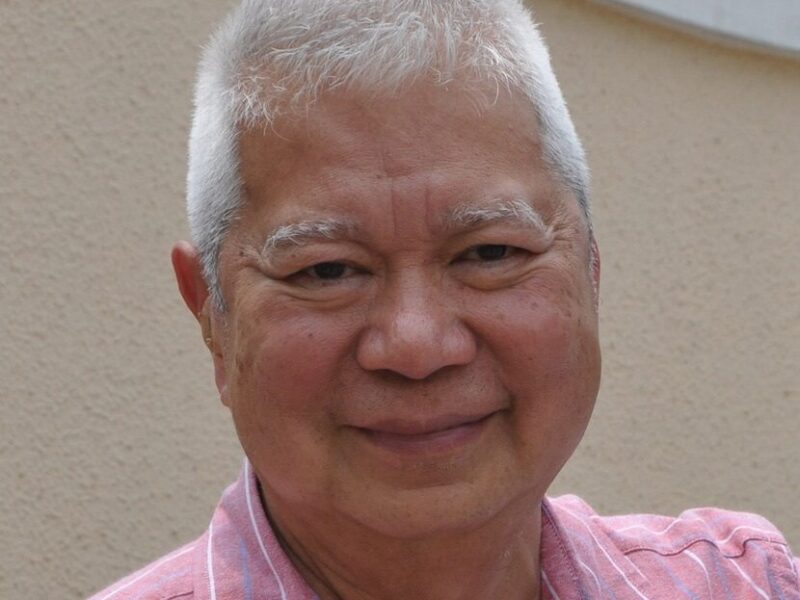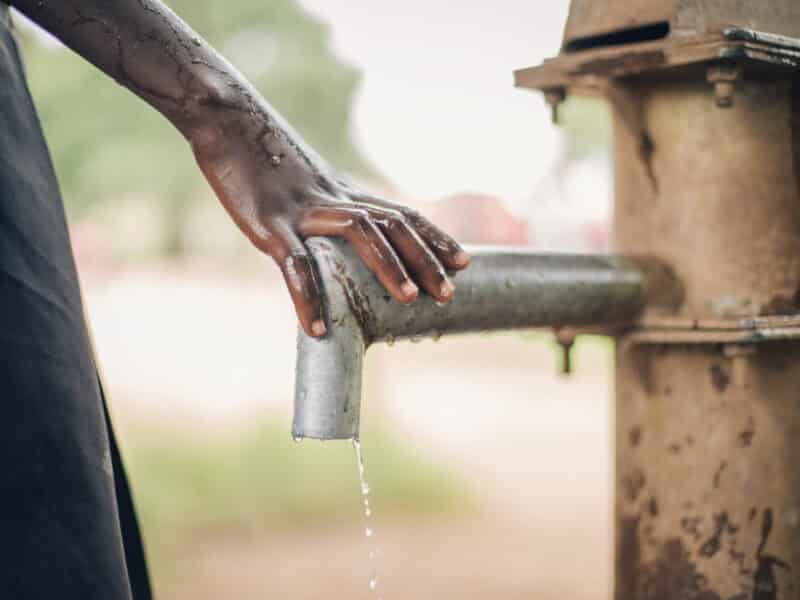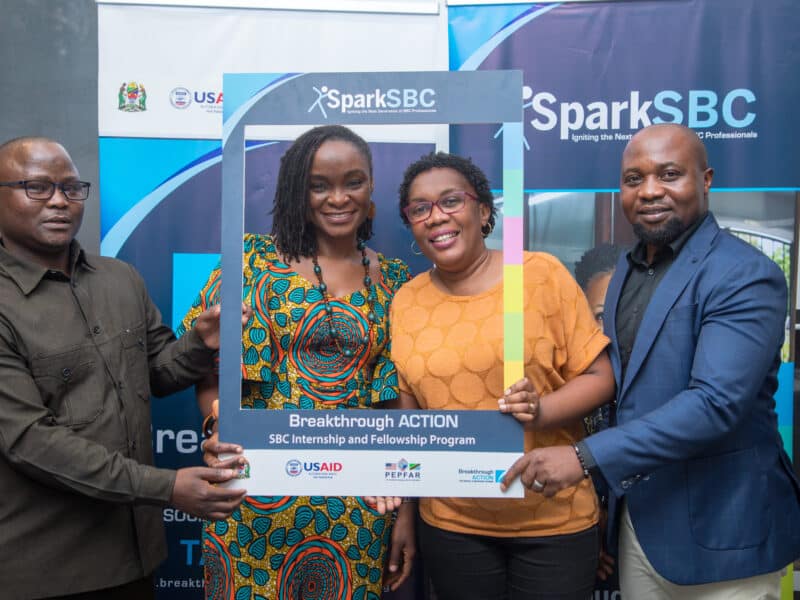“Since a large percentage of the Zambian population owns or has access to a radio, the Radio Distance Learning Program will provide an opportunity to bridge the information gap and help promote desirable behaviors,” explains Dr. Joseph Katema, Minister of Community Development Mother and Child Health in Zambia.
The Radio Distance Learning Program (RDL), “Safe Motherhood in Our Community”, is an innovative initiative of the Zambia Integrated Systems Strengthening Program (ZISSP), a USAID-funded project that is led by Abt Associates and supported by the Johns Hopkins Bloomberg School of Public Health Center for Communication Programs (CCP). RDL supports the efforts of Safe Motherhood Action Groups (SMAGs), volunteer community groups that reduce critical delays in decision-making at the household level. SMAGs serve as a primary bridge to health services by delivering essential information on Safe Motherhood.
SMAGs play a vital role in strengthening community participation, transmitting necessary information about maternal, newborn and child health and stimulating dialogue to identify local and culturally appropriate solutions to enhance the community’s utilization of reproductive health services. To meet these responsibilities, particularly in rural areas, it is critical that SMAGs have access to consistent and accurate information.
Enter RDL. Developed under the leadership of ZISSP and in partnership with the Ministry of Community Development Mother and Child Health and the Ministry of Health, RDL addresses priority Safe Motherhood issues, encourages male involvement in health and facilitates health center referrals through 26 episodes.
“By tuning into the program, the SMAGs will reinforce training, education and skills, and thus contribute to improving the health of the communities in which they live,” says Dr. Katema.
The program will be broadcast on the national radio station and community stations in targeted districts. Radio listening groups have been established to facilitate and encourage discussion between SMAG members.
Drawing on the Ministry of Health’s SMAG Training Manual, RDL focuses on safe pregnancy from preconception through the postnatal period. Each topic is linked to a skill or a community mobilization activity that SMAG members can use to encourage the community to model positive behavior.
“We’ve got a safe pregnancy series. There are topics on focused antenatal care, danger signs, preparing a birth plan, malaria and prevention of mother to child transmission of HIV,” shares Kathleen Poer, ZISSP Chief of Party. “There’s another one on sexually transmitted infections, nutrition and tetanus toxoid vaccinations. There’s an episode on safe delivery and several episodes on postnatal care, immediate newborn care and postnatal visits.”
RDL is just one part of ZISSP’s “whole systems” approach, which builds the capacity of Zambians, increases impact through partner engagement and ensures gender integration.
USAID Health Team Leader, Sangita Patel comments, “We believe that this RDL will be pivotal in averting maternal and childhood deaths.”
Funded by USAID, ZISSP is a five-year program being implemented by Abt Associates, JHU∙CCP, Planned Parenthood Association of Zambia (PPAZ), the American College of Nurse Midwives (ACNM), Banyan Global, the Liverpool School of Tropical Medicine (LSTM) and Akros Research. Over 28 participants contributed to the design of RDL, including Community Based Organizations (CBOs), NGOs, USAID-funded health projects, community radio stations, radio production houses and media broadcasters.
Learn more about ZISSP.





